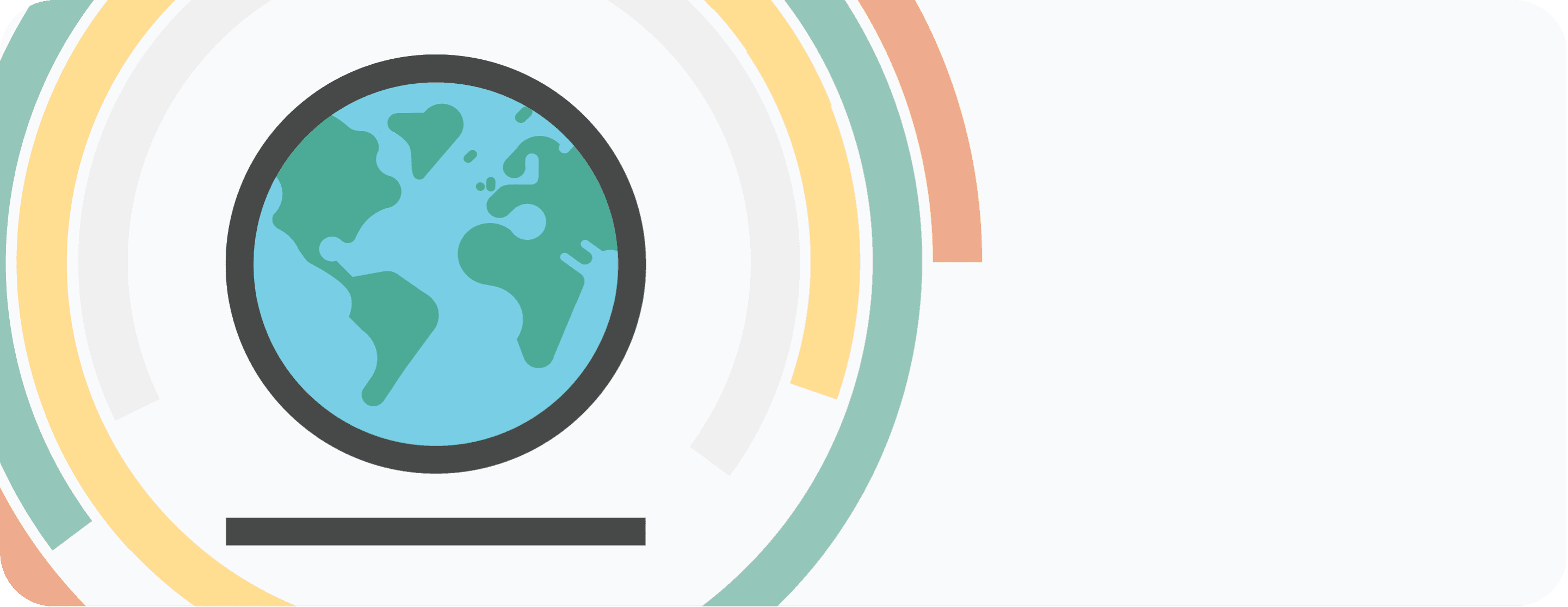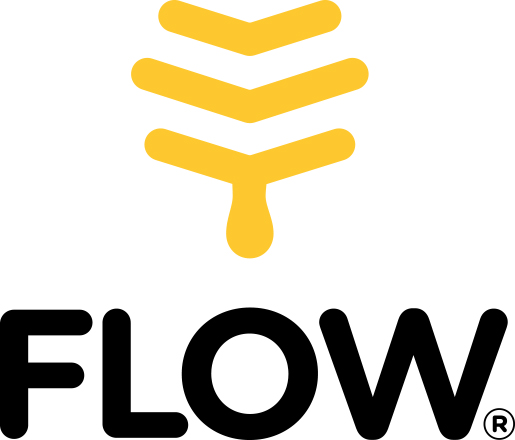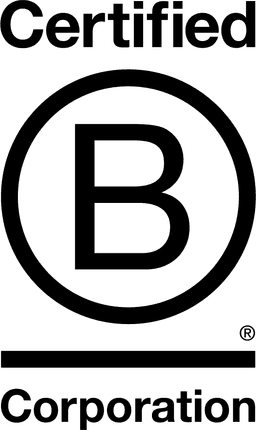

Flow Hive (BeeInventive Pty Ltd)

1.6
New South Wales, Australia
July 2018
Agicultural support/post-harvest
Manufacturing
Australia,
United States
Launched with a record-breaking crowdfunding campaign in 2015, Flow took the beekeeping world by storm with a “honey on tap” honey-harvesting system designed to be easier on the bees and the beekeeper. Invented by father and son, Stuart and Cedar Anderson, Flow technology has become synonymous with Australian ingenuity and innovation. Now being used in more than 130 countries, the brand is a prominent advocate for pollinators and for strengthening humanity’s connection with the natural world. Flow technology has been recognised with the Good Design Australia Product of the Year Award 2016, the D&AD White Pencil Award for Urban Living 2016, the Fast Company World Changing Ideas Award 2017, Silver at the World Beekeeping Awards 2017, and for inspiring thousands of new beekeepers all around the world.
Overall B Impact Score
Governance 15.7
Governance evaluates a company's overall mission, engagement around its social/environmental impact, ethics, and transparency. This section also evaluates the ability of a company to protect their mission and formally consider stakeholders in decision making through their corporate structure (e.g. benefit corporation) or corporate governing documents.
What is this? A company with an Impact Business Model is intentionally designed to create a specific positive outcome for one of its stakeholders - such as workers, community, environment, or customers.
Workers 23.3
Workers evaluates a company’s contributions to its employees’ financial security, health & safety, wellness, career development, and engagement & satisfaction. In addition, this section recognizes business models designed to benefit workers, such as companies that are at least 40% owned by non-executive employees and those that have workforce development programs to support individuals with barriers to employment.
Community 20.1
Community evaluates a company’s engagement with and impact on the communities in which it operates, hires from, and sources from. Topics include diversity, equity & inclusion, economic impact, civic engagement, charitable giving, and supply chain management. In addition, this section recognizes business models that are designed to address specific community-oriented problems, such as poverty alleviation through fair trade sourcing or distribution via microenterprises, producer cooperative models, locally focused economic development, and formal charitable giving commitments.
Environment 51.8
Environment evaluates a company’s overall environmental management practices as well as its impact on the air, climate, water, land, and biodiversity. This includes the direct impact of a company’s operations and, when applicable its supply chain and distribution channels. This section also recognizes companies with environmentally innovative production processes and those that sell products or services that have a positive environmental impact. Some examples might include products and services that create renewable energy, reduce consumption or waste, conserve land or wildlife, provide less toxic alternatives to the market, or educate people about environmental problems.
What is this? A company with an Impact Business Model is intentionally designed to create a specific positive outcome for one of its stakeholders - such as workers, community, environment, or customers.
Customers 5.0
Customers evaluates a company’s stewardship of its customers through the quality of its products and services, ethical marketing, data privacy and security, and feedback channels. In addition, this section recognizes products or services that are designed to address a particular social problem for or through its customers, such as health or educational products, arts & media products, serving underserved customers/clients, and services that improve the social impact of other businesses or organizations.